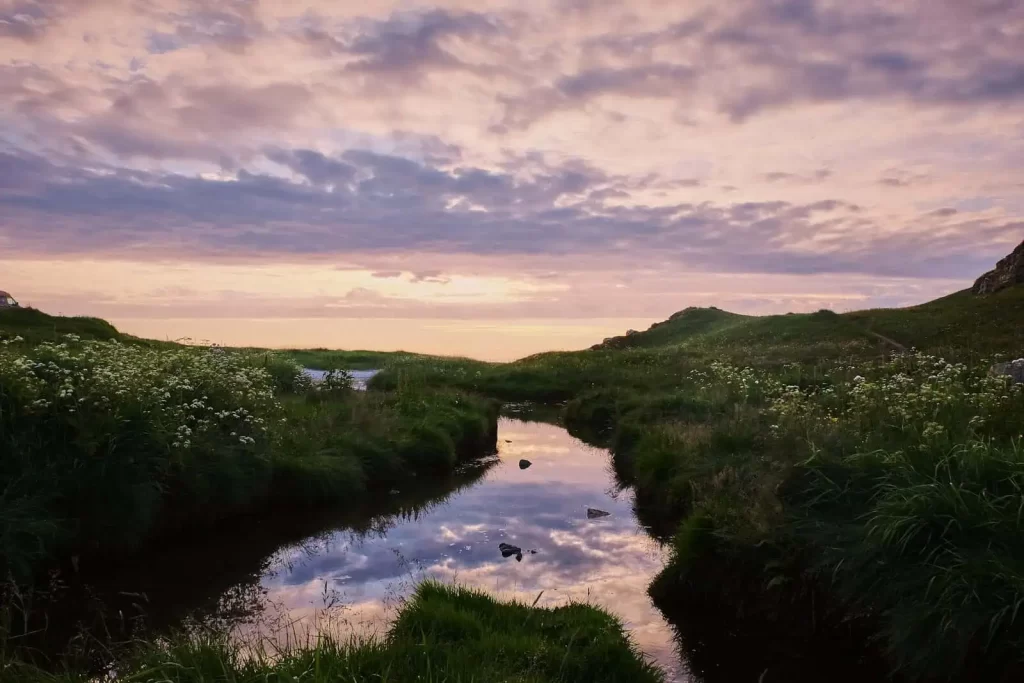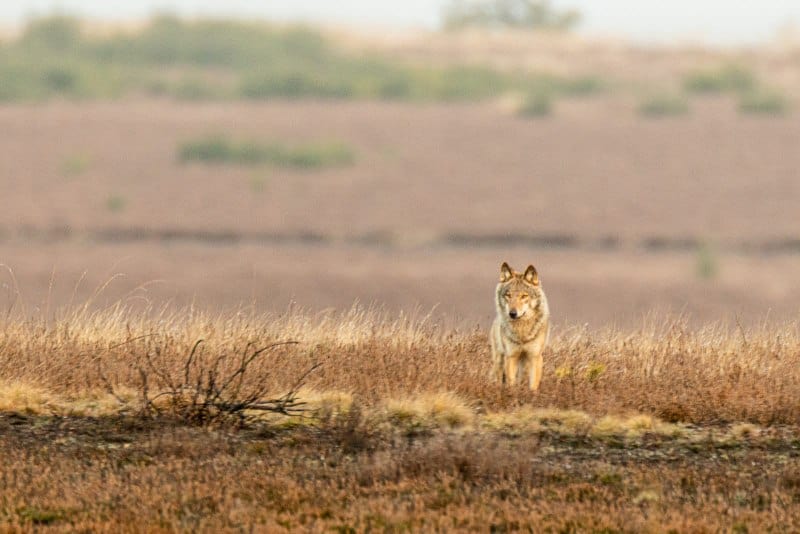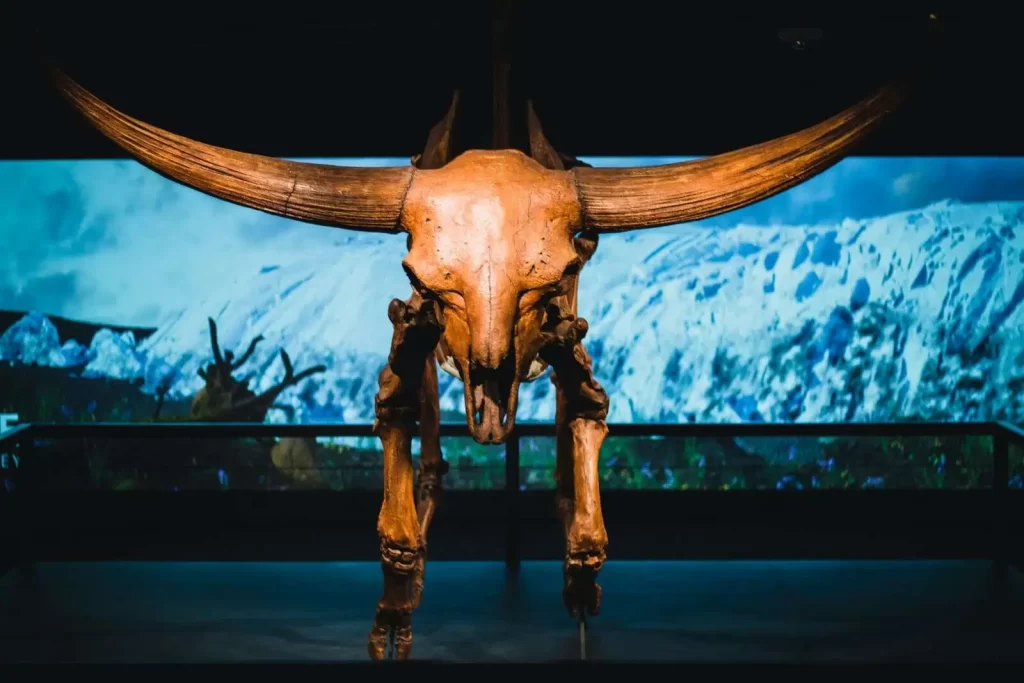Share:
Shifting Paradigms: Lucy Rees’ Groundbreaking Study of Pottoka Horses
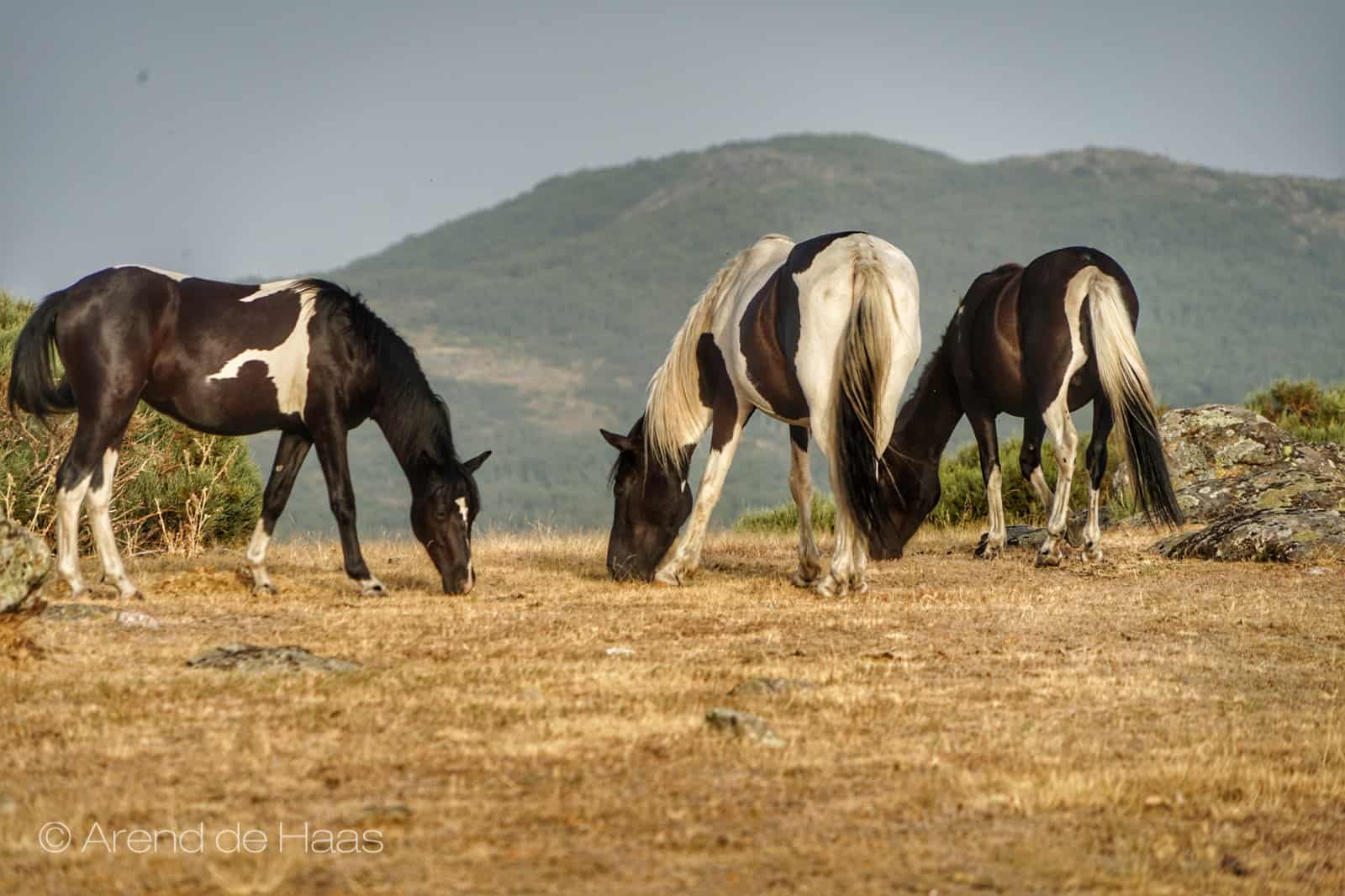
A documentary film about the affiliative behavior of wild horses that eliminates the concept of dominance in equine social life. You can support this project here: GoTeo
Lucy Rees, an ethologist and writer, has been studying a population of Pottokas horses for over a decade. These ancient Basque horses were introduced into a public forest in northern Spain in 2010.
Through her ethology project, Lucy reveals the social bonds and behavior patterns within the equine population, with a focus on affiliative behavior and character definition of wild horses. This scientific and personal project began after Lucy studied horses in the wild in different countries.
Her conclusions on the synchrony of movements and absence of hierarchy within equine groups were revolutionary and have only recently been recognized by the scientific community.
Lucy’s extensive knowledge of the Pottokas, based on her observations and notes on social relationships and interconnections, is reflected in the documentary feature film “Notes About Horses”. This film showcases her most interesting conclusions, which challenge traditional human interpretations of equine behavior.
Documentary
Alla Ish Shadrova, an independent filmmaker, is preparing a documentary about the pottoka horses. She studied cinema in Barcelona and created her audio-visual production company Kinoismos in 2017. She focuses on projects that stand out for their social and innovative value in their way of realisation.
The documentary “Notes About Horses” aims to enhance understanding of horses’ affiliative behavior, evoke empathy towards these animals while respecting their nature, and ultimately improve human-horse communication by gaining a deeper knowledge of equine nature.
We asked Ish about her drive and passion for this project.
How did your background prepare you for your current work?
I think that the most important imprint of my youth is my higher education at the Moscow State University, Faculty of Chemistry. The science background enables me to analyse and look deep into the simple things, to be curious about getting new knowledge and know how to summarise. In filmmaking the ability to recap your film in a few phrases is crucial. You should know what your film is about. So, I am lucky to have these skills since my youth.
Where is your passion for filming coming from?
For me it is about dedication, passion and inner necessity to tell stories. Once, in my youth I went to Tanzania to a student conference. I remember when I came back home, I found it limiting to describe my impressions only by words. Those women singing in Swahili, the elephants standing still in Serengeti with their enormous ears, the Maasai villages, the monkeys stealing in the canteen, the mountains of rubbish in Dar es Salaam… There was an audio-visual collage in my mind, like an essay film. I guess it was the moment when I found out this inner necessity to make documentary films. So naive!
How did you get involved in documentary making?
I had a chance to join as a second camera to a small crew to make a short documentary film “The Earth Didn’t Speak” directed by Javier Briones in the mountains of Guatemala. The documentary is about a massacre of indigenous people in 1982 who decided to resist forced relocation for the construction of the Chixoy Dam. It was my very first experience to take part in a documentary film production. It showed me how powerful activism could be through documentary filmmaking. It has a huge value not only as a result but also as a process of making the film. I suppose that strong experience made me discover my passion for social storytelling.
Why did you decide to become involved in science communication and horses?
By chance. In 2016 one friend of mine told me about an ethologist, Lucy Rees, who has an alternative opinion toward equine society, considering horses anarchists. Coming from social documentary filmmaking I had a strong anthropocentric vision. The first question that I asked Lucy when I met her was “How can you avoid applying human logic to communicate to another species?” Then I read her book The Horse’s Logic and I offered her my audiovisual skills to make videos based on that book.
We are animals so we can use animal behavior to understand ourselves on a deeper level. It was my main motivation to submerge myself into the horse society with my camera ON. Working on the videos I became fascinated by the wild life of pottokas. I started to detect the details in their communication: gestures of friendship, gestures of closeness. Those gestures that make the function in the solidity and union of a band. Those gestures that in a certain way we should apply to communicate with them.
Later I visited a lot of equestrian centres and I could compare the life conditions of the domestic horses. It’s so obvious that our human society should bring more attention to the natural life of horses to understand what equine welfare means.
Observing the wild pottokas next to Lucy I noticed the absence of the dominance in equine behavior and the signs of peaceful coexistence. After having done the videos of Ethology, Biomecanique and Horsemanship our ideas have evolved into the script of a feature documentary film, which is the next step in our collaboration, a very logical one.
Is there anything you would like to achieve with your work over the next five years?
The changing of the paradigm of the interpretation of success for human beings could make us simplify our lives and expand the ecological way of thinking. To accept cooperativism and mutual aid as a base for a prosperity for human society could minimise our egocentricity and prioritise the united world. Maybe we could learn about it from wild horses.
You can support this important project!
Alla Ish Shadrova has started a crowdfunding campaign to produce this documentary film about affiliative equine behavior of wild horses. She has spent 4 years getting to know the pottoka horses and finding a way to tell their stories.
“For me this documentary would be a film about a society where the key to survival is mutual aid and peaceful coexistence. A good reflection for nowadays.” – Alla Ish Shadrova
If you like to help change our perspective on behavior of wild horses, and generate deeper insights important for rewilding and reintroduction projects – please consider donating towards this ground-breaking project!
Learn more and donate now: GoTeo
Follow Ish on Instagram
Follow Lucy Rees on Facebook

